A new, consensual world order
The era of globalisation is drawing to a close and a new one is emerging—an era of bilateralism over globalisation, of domestic over foreign focus, and reality-based policy-making
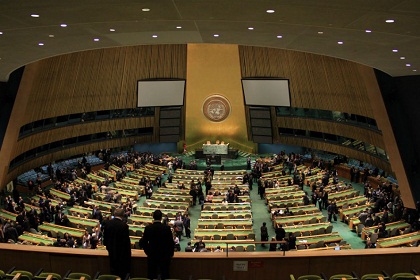 Courtesy: IB Times
Courtesy: IB Times
The era of globalisation is drawing to a close and a new one is emerging—an era of bilateralism over globalisation, of domestic over foreign focus, and reality-based policy-making
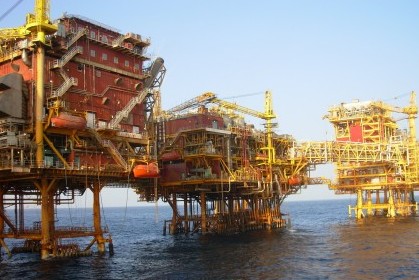 Courtesy: Wikimedia Commons
Courtesy: Wikimedia Commons
India’s gas consumption is lower than the EU’s, but it too, like the EU, relies heavily on imports. With LNG likely to remain a key part of India’s gas supplies in the future, and given recent changes in the global market, what is the future potential of LNG imports for the EU and India? What are the best energy policies for the two regions?
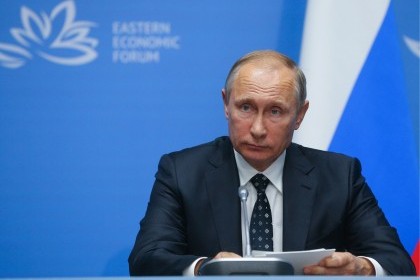 Courtesy: Eastern Economic Forum
Courtesy: Eastern Economic Forum
The Second Eastern Economic Forum, held last month in Russia, could have been a time for India to forge stronger trade links, but the governments of both countries have to be more supportive before this can happen.
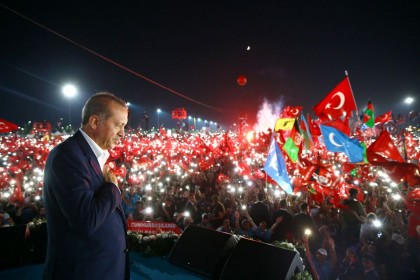 Courtesy: Yahoo
Courtesy: Yahoo
The July coup in Turkey did not achieve its objective of eliminating President Erdogan, who has, ironically, emerged a ‘national hero.’ Does this signal a new beginning? An analysis of the factors impending upon the colossal repair-and-rebuild task before the country.
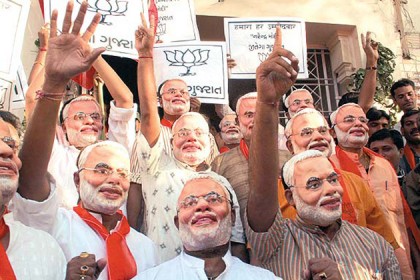 Courtesy: Narendramodi.in
Courtesy: Narendramodi.in
Narendra Modi’s landslide victory in India's 2014 general elections, despite his hardline nationalist image, was viewed as a localised phenomenon. But two years later, voters across the world from Europe to Philippines seem to be tilting towards leaders with the same nationalist tag.
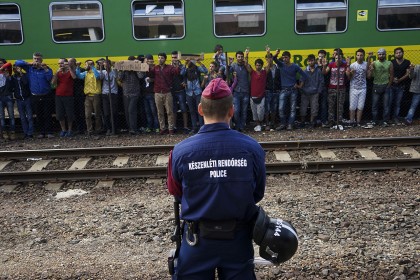 Courtesy: Wikipedia
Courtesy: Wikipedia
While the closing of borders to refugees in Europe and West Asia could be interpreted as proof that national borders are more important now than ever, the sheer numbers of refugees make strengthening borders a severely inadequate solution.
With the crisis in Ukraine worsening, Europe seems to have realised that the solution is not military, though the U.S may push to send in arms. Although no country wants a war with Russia, the conflict over Ukraine between the West and Russia could escalate. What are the future scenarios for the region and with what global implications?
Neelam Deo, Director, Gateway House, talks about the significance of the position taken by NATO member countries at the recent summit in Wales. She says the increasingly acrimonious standoff between the West and Russia over Ukraine, and the stance on the Islamic State has implications for India.
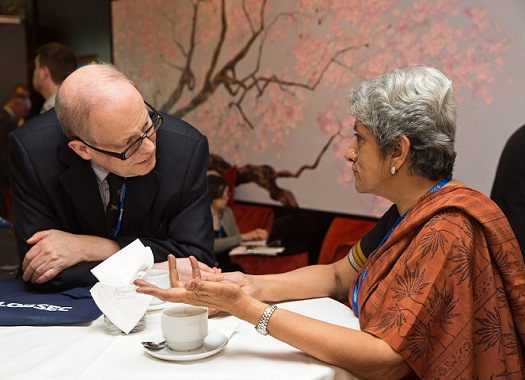 Courtesy: Gateway House
Courtesy: Gateway House
GLOBSEC, the Bratislava Global Security forum is central and eastern Europe’s premier security forum. While this year’s edition focused on the crisis in Ukraine, a lack of balanced – or even representative – discourse painted a very bleak picture of Russia and its president
Ronen Sen, former Indian Ambassador to Russia and the United States, talks about the global implications of Russia’s suspension from the G8. In an interview to Gateway House, he also discusses the impact of these developments on major geopolitical issues like Iran and Syria